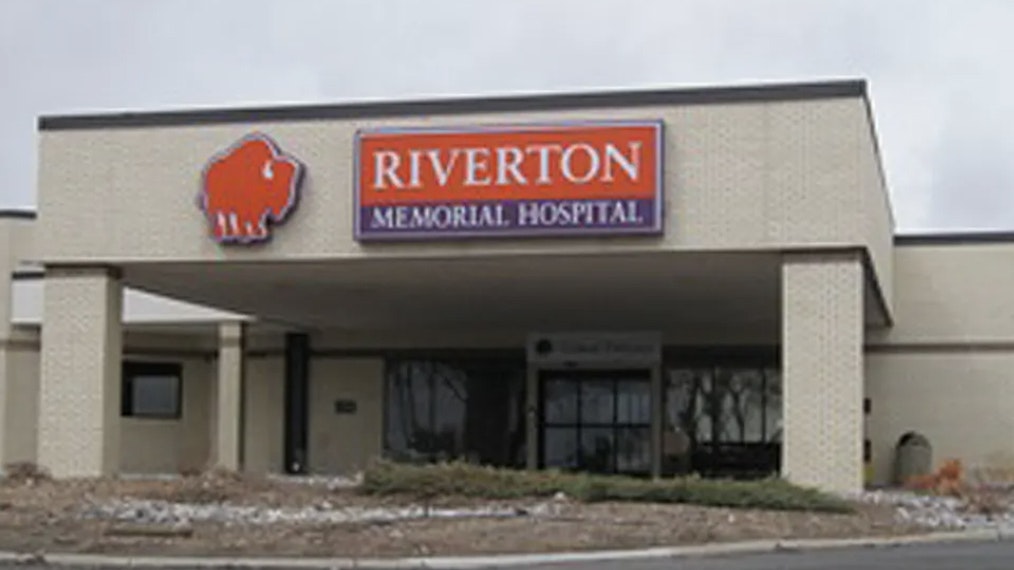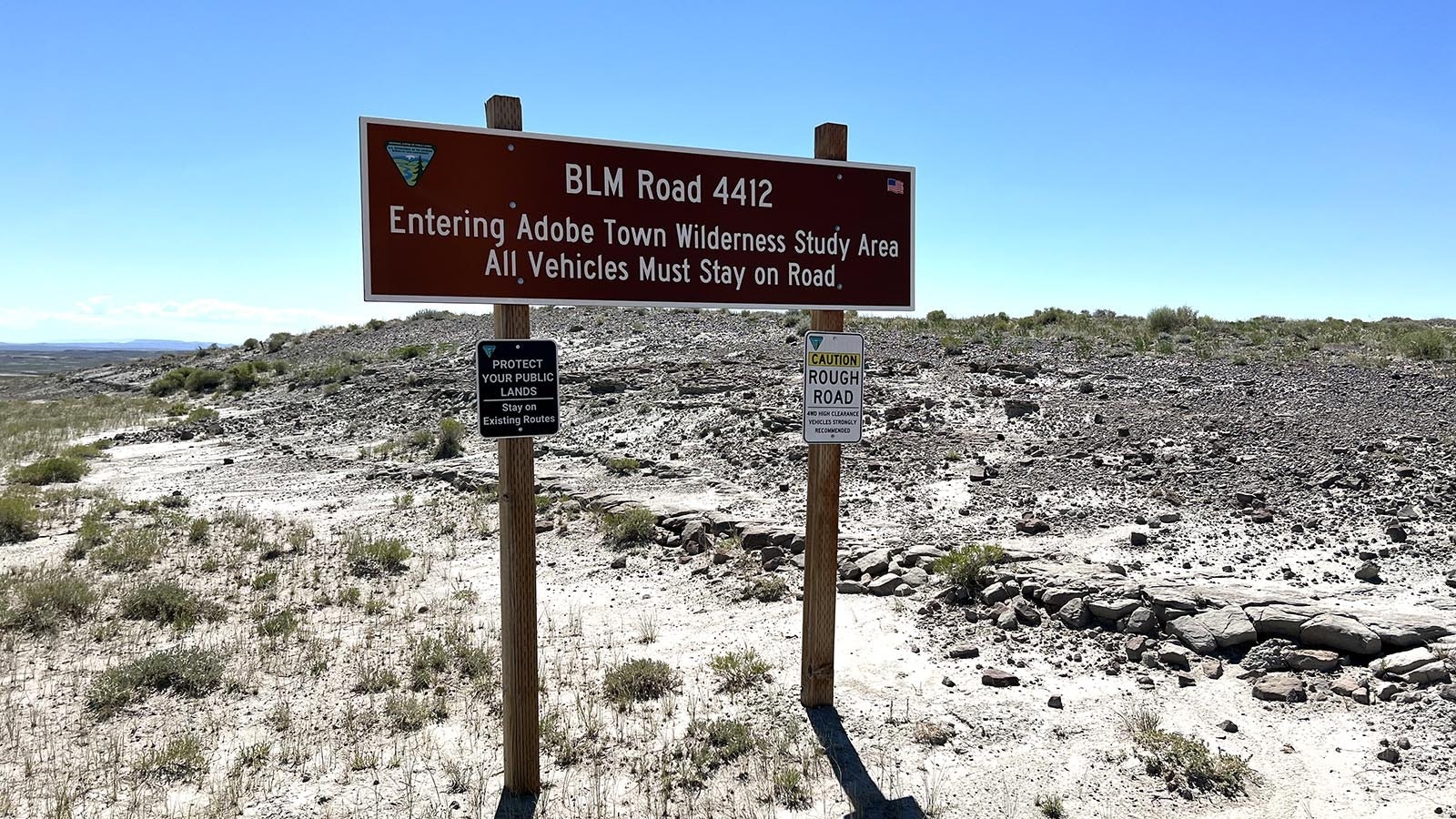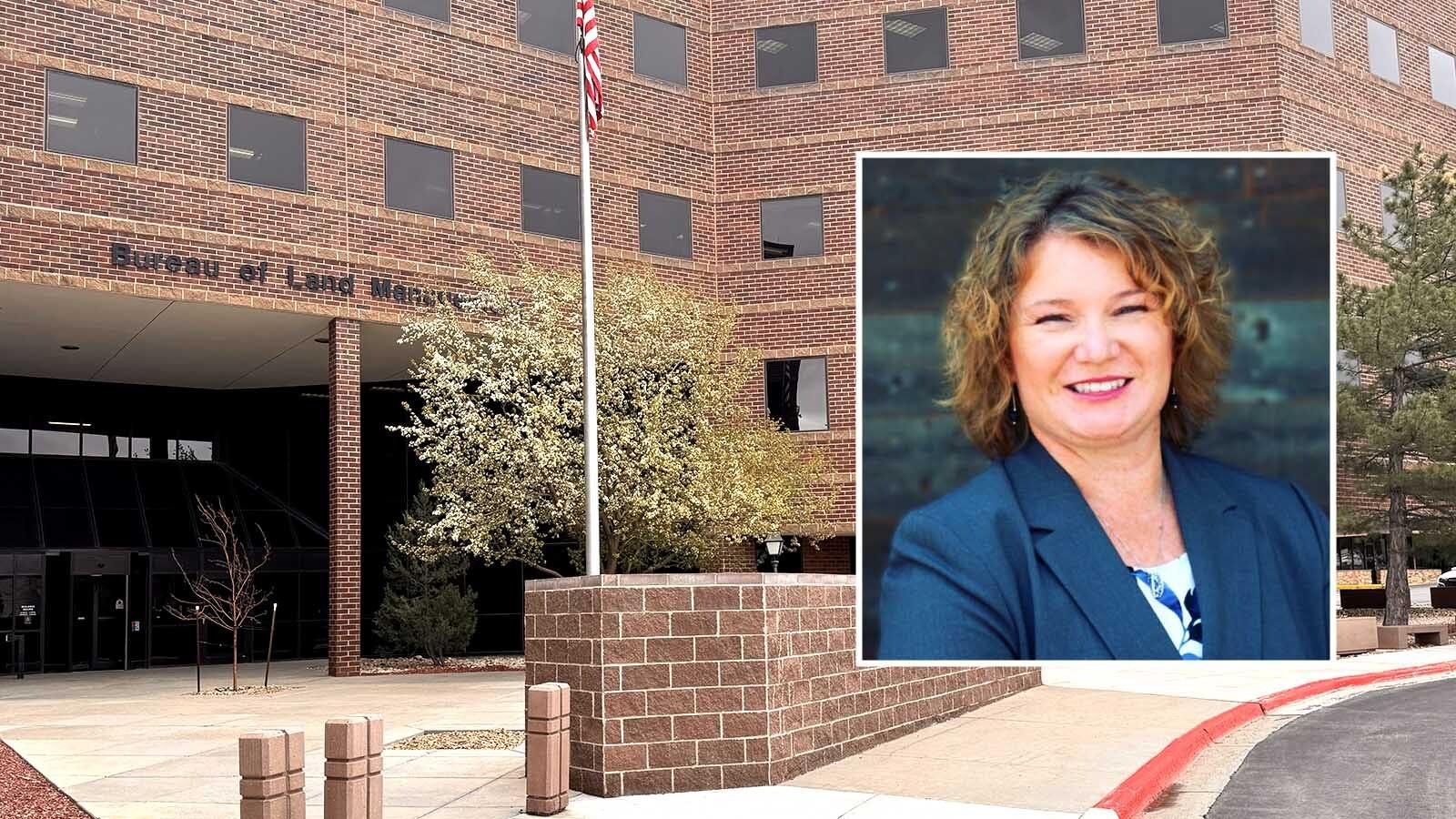A Wyoming mother and father who were denied access to some medical data from the hours just before their son’s birth to his cerebral palsy diagnosis now have a second chance to learn more from the hospital.
The Wyoming Supreme Court on Tuesday determined that the family’s case is valid and should be litigated in a state district court, though the lower court had dismissed the case previously in the hospital’s favor.
Rebecca and Tyler Wiese on Sept. 25, 2012, had a son at the Riverton Memorial Hospital after Rebecca labored overnight.
The baby had no respirations, tone, reflexes or color, and was intubated and flown to Denver for care, according to the Wyoming Supreme Court’s remand order. There, the baby was diagnosed with cerebral palsy, caused by brain damage from a lack of oxygen to critical brain structures.
Rebecca Wiese was discharged from the hospital the next day, the order states.
Few Answers
Starting in 2015 when their son was 3, the family sought a full account of what happened during their hospital stay.
One year later, the hospital produced hard copy records, according to the court’s order.
In 2018, the Wieses wrote the hospital claiming it had withheld “significant records,” namely the audit trail associated with the hospital’s data software system, Centricity.
An audit trail is a list of times the medical record was accessed, who accessed it, from where, what part of it was viewed, the content of entries made in the record and whether any information was deleted or altered, and how.
The hospital wrote back two months later that it had already given the family all medical records to which it was legally entitled, the order says. It then agreed to produce the audit trail associated with Wiese’s records in the Hospital Management System, but not the audit trail associated with the Centricity system.
The hospital said that audit trail was “irrelevant and duplicative,” adding that a hard copy of the records also existed. It said it had spent “considerable resources and hired forensic computer experts” but still could not find the Centricity data, according to the order.
The hospital declined a Cowboy State Daily request for comment on the state Supreme Court ruling, saying it can’t comment on ongoing litigation.
‘Simply Never Saved’
The Wieses filed their lawsuit in June of 2018, alleging that the hospital had violated the Wyoming Hospital Records and Information Act by failing to provide them all health care information concerning Rebecca Wiese’s labor and delivery, including her audit trail.
In its response, the hospital “maintained for the first time” that Rebecca Wiese’s audit trail was supposed to be on a CD, but was not on the CD.
The hospital said its forensic expert had found that Wiese’s electronic record “(was) simply never saved,” the order says.
The Wieses filed discovery requests in their suit asking for a joint inspection of Rebecca Wiese’s electronic record.
Eight days later, the hospital filed a motion for summary judgment, asking the district court to dismiss the case on the grounds that audit trails are not medical records under Wyoming law, and saying it couldn’t find the audit trail.
The district court granted the hospital’s request, implying that audit trails are not medical records and essentially judging that the hospital had done enough to try to locate the missing records, the order indicates.
Appeal
After their defeat, the Wieses appealed to the Wyoming Supreme Court.
The higher court agreed with the family that audit trails should be considered medical records under the Wyoming Hospital Records and Information Act. That act has since been repealed, but the case still falls under it since it was in place in 2012 when the Wieses’ boy was born.
“We conclude there is a genuine issue of material fact as to whether … the hospital made a good faith effort to locate Ms. Wiese’s Centricity electronic record,” the high court wrote in its order.
The hospital’s forensic analyst did not search the hospital’s backup server, adequately preview Centricity files or search for Wiese’s files as fully as he could have, the order says.
The court remanded the case back to the state district court for further litigation. The Justices did not, however, order a joint inspection of the hospital’s Centricity storage devices as the Wieses had requested, writing that the district court could determine on its own whether such a search is merited.





